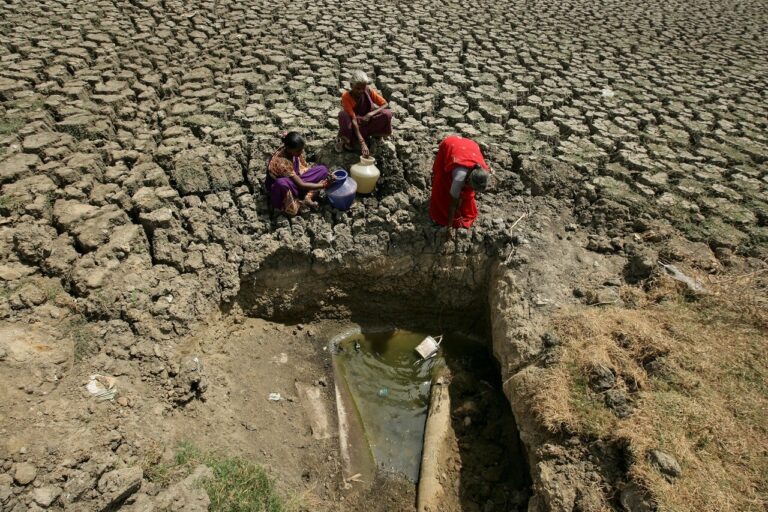By Trésor Daniel Mefire
A new study has reignited debate over one of the world’s most pressing environmental questions: Is water truly a renewable resource? According to researcher Trésor Daniel Mefire, the answer is both yes and no, and it depends on how humanity manages its consumption and stewardship of this vital resource.
“Scientifically, water is inherently renewable by virtue of the perpetual hydrological cycle,” Mefire explained. “But in practical, ecological, and socio-economic terms, this renewability is not guaranteed”.
The study points to severe crises across Africa as proof that natural replenishment alone cannot keep pace with rising human demand and poor management. Despite vast river basins like the Congo and Niger, more than 300 million Africans lack access to clean drinking water. The problem, Mefire argues, is not absolute scarcity, but a dangerous mix of infrastructure deficits, climate variability, and unsustainable extraction.
Groundwater depletion is cited as the most critical threat. Regions dependent on “fossil water” , aquifers recharged thousands of years ago are mining supplies at unsustainable rates. In some basins, such as the Ogallala in the U.S. and North African sedimentary basins, natural recharge is negligible, rendering the water effectively non-renewable.
Quality is another pressing issue. Pollution from agriculture and industry is contaminating physically renewed water, making it unfit for human use. “Contamination creates a form of artificial scarcity,” Mefire warned, “shrinking the pool of renewable resources even where quantity is not an immediate issue.”
Climate change is compounding the crisis. With increasingly erratic rainfall, prolonged droughts, and flash floods, the reliability of seasonal water renewal is becoming less predictable. This volatility, according to the study, transforms water from a stable resource into a growing vulnerability.
In Africa, the challenge is particularly stark. Sub-Saharan Africa uses only 4% of its available renewable water resources, largely because of weak infrastructure to store, treat, and distribute water. Agriculture, which accounts for nearly 70% of global freshwater use, remains highly vulnerable, with just 5–6% of farmland under irrigation.
For Mefire, the way forward lies in sustainable water stewardship. He recommends integrated water resources management, efficiency in agricultural usage, and climate-resilient infrastructure such as aquifer recharge and rainwater harvesting systems.
“The continued availability of water as a sustainable resource is entirely dependent on prudent, equitable, and context-specific governance,” he concluded.
As global demand rises and climate pressures intensify, the study makes clear that water’s status as a renewable resource is not a given — it is a fragile balance, contingent on human responsibility.
For further reading, find the research on PDF Is Water a Renewable Resource
